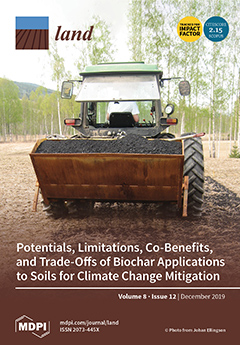Five years ago, the Sustainable Development Goals were adopted by 193 countries. They set out an ambitious plan to eradicate global poverty and achieve sustainable development by 2030 ensuring that "no one is left behind". Work to deliver on that commitment has reaped some rewards, such as improving maternal and child health, expanding access to electricity and increasing women’s representation in government. Yet with just ten years left, we still have a very long way to go, especially in terms of meeting the 'climate and environment' commitments.


